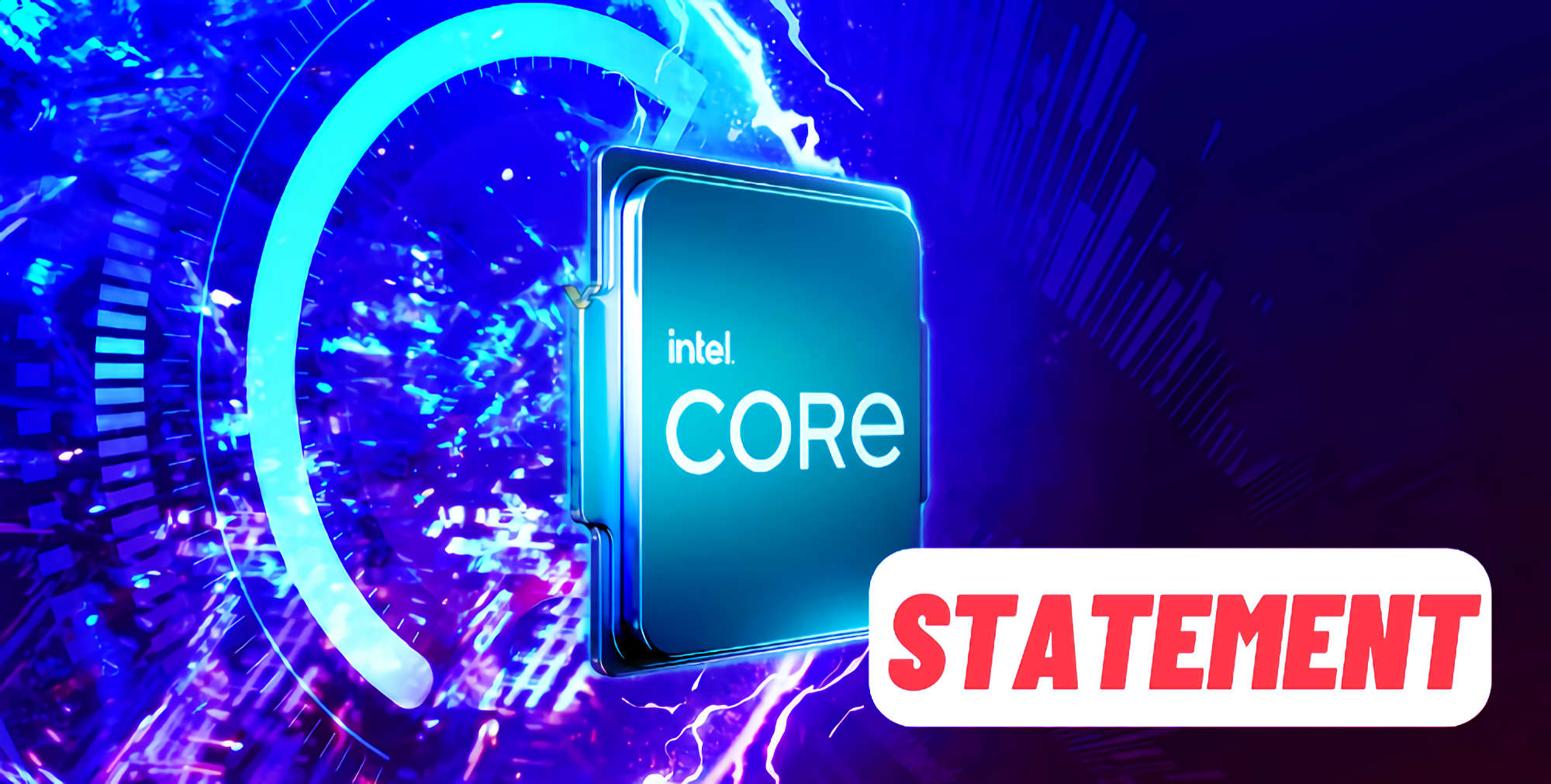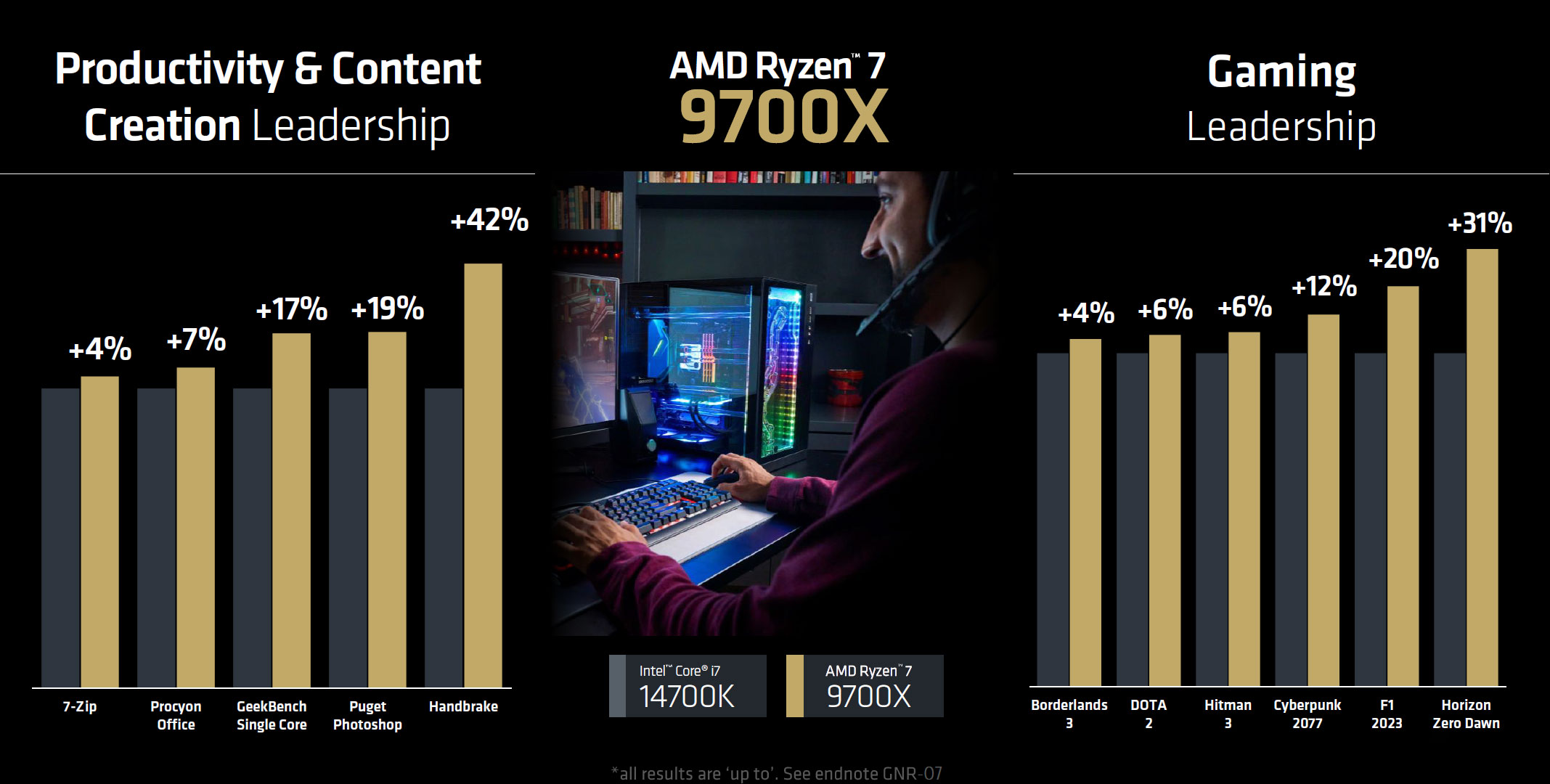Leonidas
AMD's Dogma: ARyzen (No Intel inside)

Intel addresses 13th/14th Gen Core instability: elevated voltage to blame, microcode update incoming - VideoCardz.com
Intel claims that instability is caused by elevated voltage, new microcode update incoming Finally, a statement on the ongoing saga. Game developers, system integrators, server providers, tech reviewers, and gamers were all waiting for Intel to provide a statement on the 13th/14th Gen Core...
Good to see Intel come out with this statement, and taking care of its affected customers.Based on extensive analysis of Intel Core 13th/14th Gen desktop processors returned to us due to instability issues, we have determined that elevated operating voltage is causing instability issues in some 13th/14th Gen desktop processors. Our analysis of returned processors confirms that the elevated operating voltage is stemming from a microcode algorithm resulting in incorrect voltage requests to the processor.
Intel is delivering a microcode patch which addresses the root cause of exposure to elevated voltages. We are continuing validation to ensure that scenarios of instability reported to Intel regarding its Core 13th/14th Gen desktop processors are addressed. Intel is currently targeting mid-August for patch release to partners following full validation.
Intel is committed to making this right with our customers, and we continue asking any customers currently experiencing instability issues on their Intel Core 13th/14th Gen desktop processors reach out to Intel Customer Support for further assistance.
Last edited:





